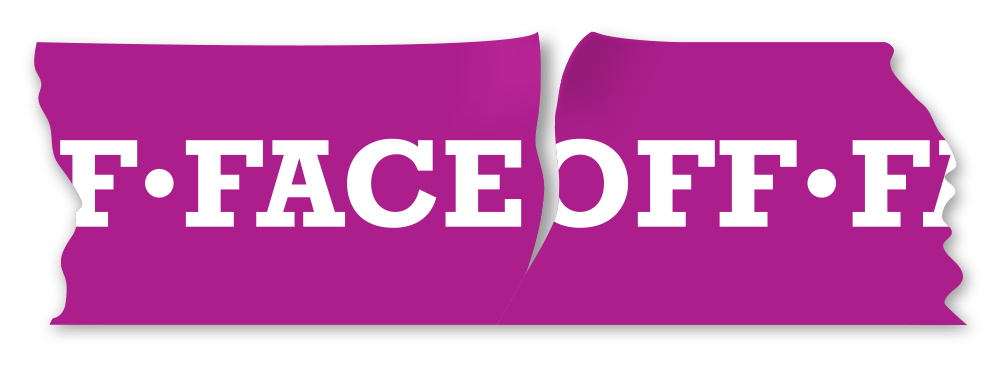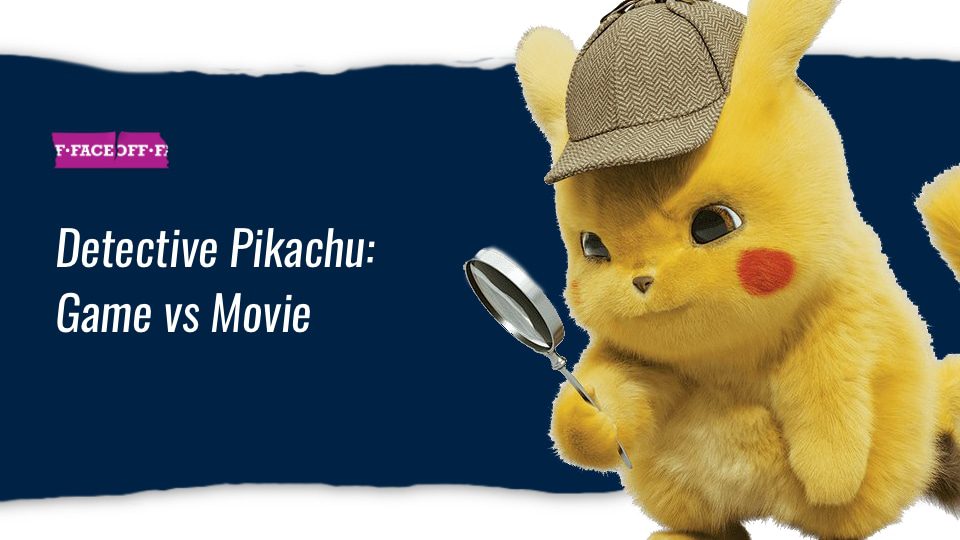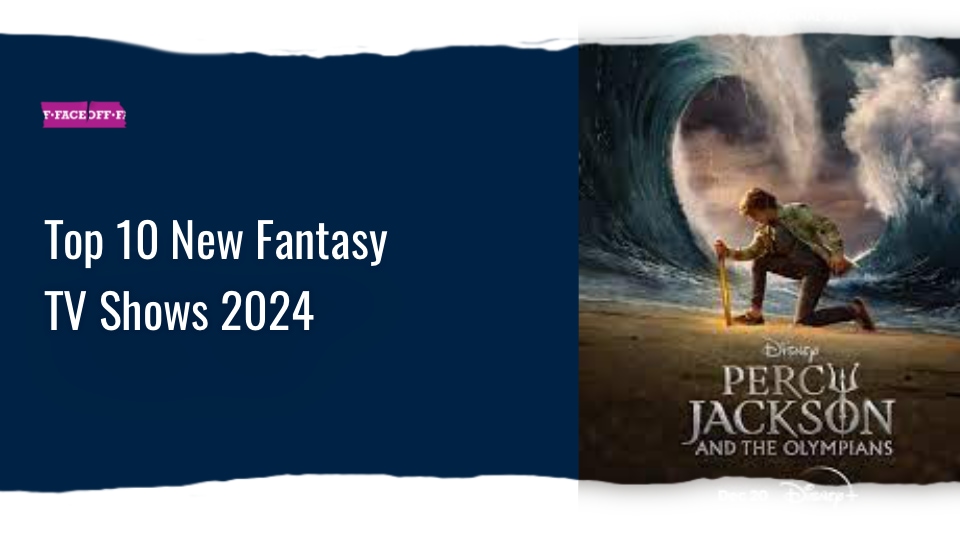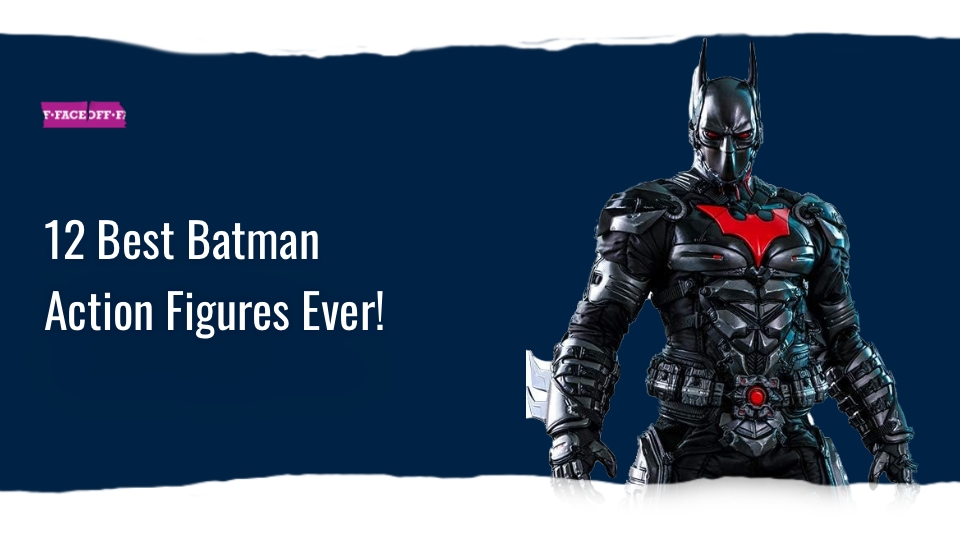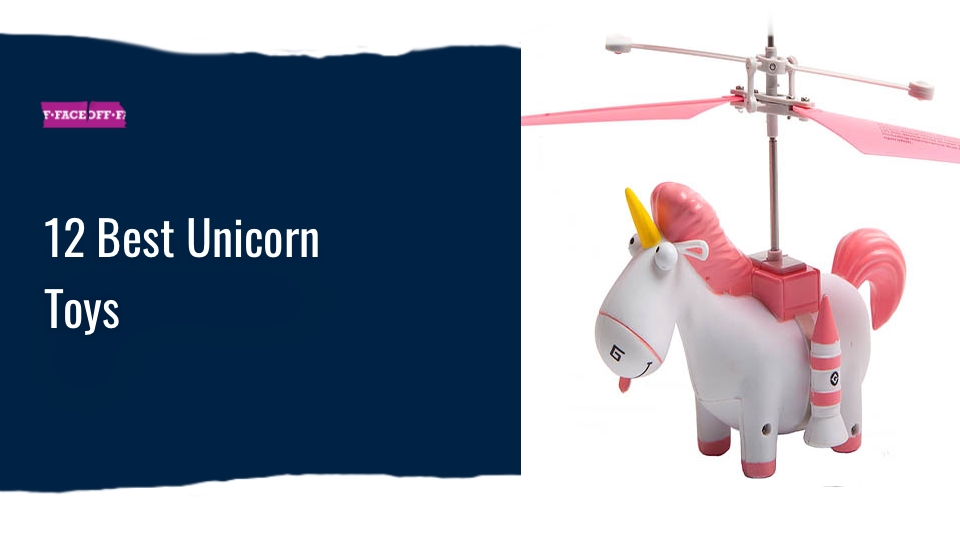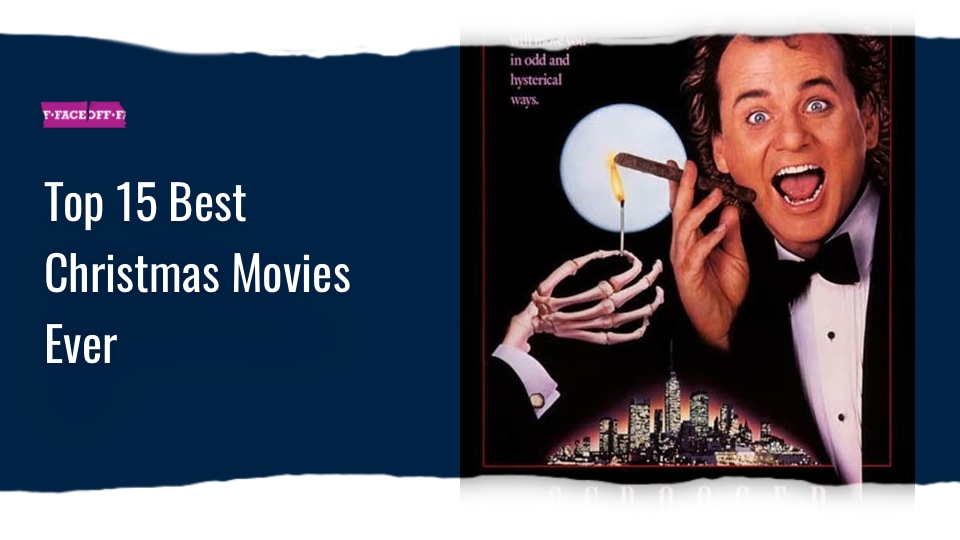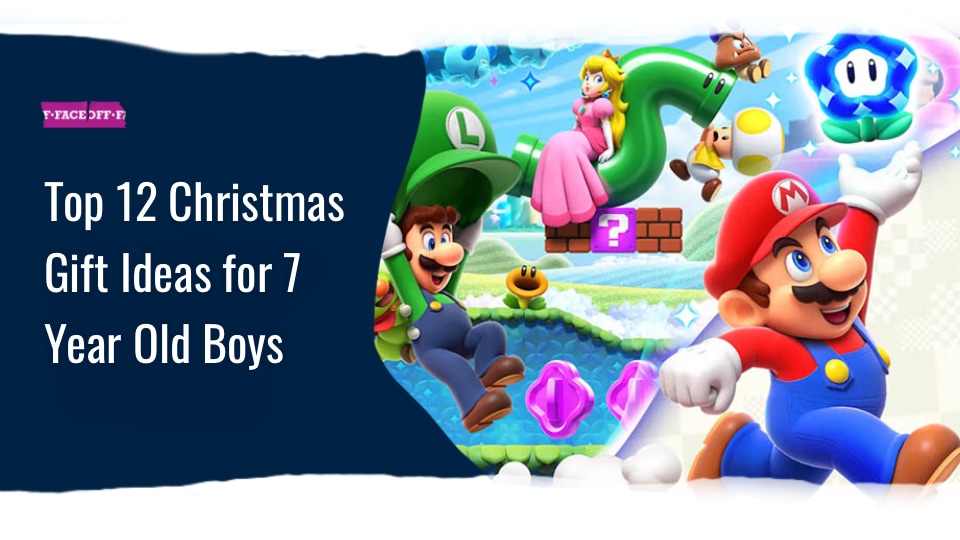When the Detective Pikachu 3DS game was announced in Japan I was very happy, Japan saw an earlier version of the game a few years before it was released abroad. But finally, when a translation for the game was announced, I pre-ordered the game.
The pre-order policy I have is pretty straightforward; I pre-order the game I’m ready to bring to the top of my list and play right away – that is, either put the game I’m currently playing on hold and then play the one I ordered right away or finish my current game first and then immediately play the one I ordered. Pre-ordering also requires that I care enough about the franchise or the game to support it and to pay full price in order to continue encouraging these kinds of games.
I was eagerly awaiting Detective Pikachu’s game and it ended up acting as a natural sleeping pill. Although there had yet to be any trailers or casting news, I still felt that the upcoming film would do the franchise justice – my gut said so! It’s difficult to make successful video game adaptations, but here’s hoping this one will be an exception.
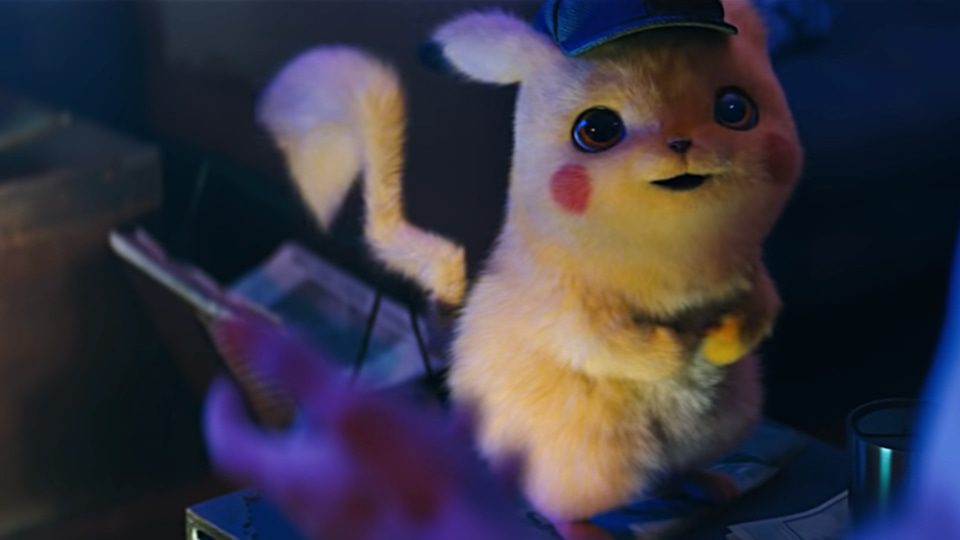
It’s unclear if this is really an adaptation or just a game inspiration. The answer is in the middle, and this time I’m going to compare the two. The basic assumption when reading the article is that you did see the movie and you don’t mind getting spoilers for the game, even though watching the movie is much bigger spoilers for the game, and in any case, I wouldn’t recommend it.
This movie could have been a disaster (Sonic, anyone?), but it somehow managed to do the near impossible – creating both a family-friendly plot suitable for those with minimal knowledge of Pokemon and a plethora of Easter eggs for long-time fans. The resulting film is likely to leave an impression on both new and old viewers alike; it isn’t groundbreaking, but it’s more than satisfactory – more than enough to earn its respect. I’d rather not delve too deeply into my opinion, as there are plenty of better writers that can explain it much better than I can.
Detective Pikachu Elements: Game vs Movie
When I watched the movie, several elements of the game that it’s based on were quite evident to me. Events like the mysterious gas (R) affecting Pokemon, Tim’s father’s accident and ‘death’, Pikachu’s memory losses, Mewtwo’s role in the plot, and even Tim’s help from a TV journalist. The movie added many novelties too – like Pikachu enjoying coffee or not being able to use its attacks – as well as including scenes from the game, such as a procession in its finale and a certain spot where they had coffee – Ludicolo cafe, which appears multiple times in it.
At the moment it may appear to be a full movie adaptation, however, that is far from reality. Although I personally consider these to be mostly good changes, there are lots of contrasts between the movie and the game. For instance, some of these are plot variations – like how in the R, Mewtwo has the power to alternate between a human form and a Pokémon from – something that wasn’t featured in the game at all – and various traits which give both the film and game distinct atmospheres and moods; such as illegal Pokémon fights found in the movie but not even alluded to in the game or aspects somewhere on the scale between those two examples – say Tim’s age: an adult recently entering working life in the film compared with a young kid who looks and behaves like they’re still in primary school.
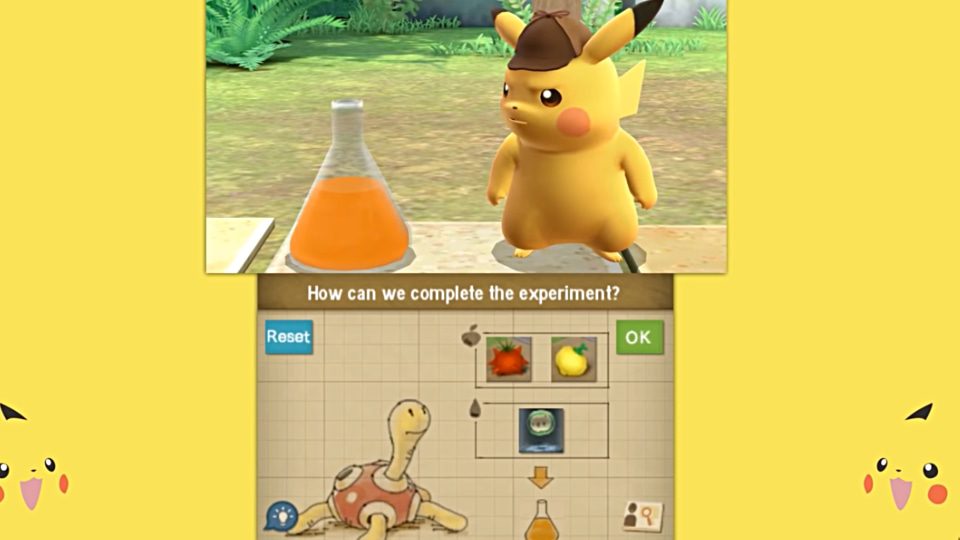
Due to the format, some characters have had their roles greatly reduced – like Tim’s father’s co-worker or the nameless coffee seller. These were people who all were minor parts, not impacting the plot. However, others underwent much more of a transformation – for instance, the villain. In the game version of Rime City, there is no president so we find a completely different person with an entirely different background (although there is a similar plot twist between the film and game where a seemingly friendly character previously encountered by Tim is revealed as the antagonist).
Detective Pikachu Characters: Game vs Movie
Lucy, a journalist in both the movie and the game, is one of the characters that Tim turns to for help and is portrayed as a young, nice, and kind woman. However, her role and personality differ greatly in the two versions – while more central to the plot in the movie, she is given little screen time in the game. Amelia (her in-game name), displays tomboyish behavior and a strong desire to showcase her journalistic talent. Further, she takes on a journey as an independent traveler instead of with a partner which gives her character more depth. Additionally, there is no reference or inclusion of Pokémon or other cast members around Tim in the game; making it vastly different from its movie counterpart. Tim and Pikachu have clearly undergone some perceivable changes as well.
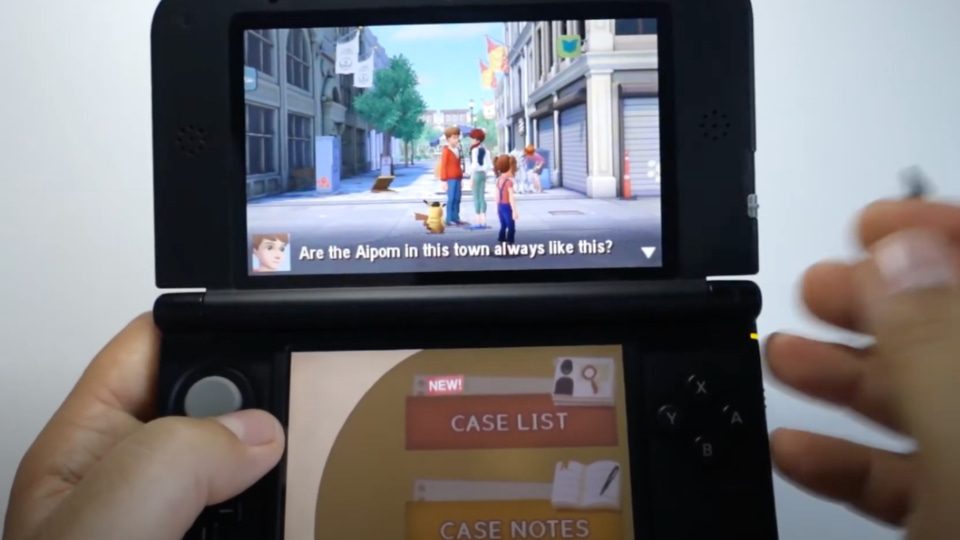
Tim in the game is 18, but his innocence makes him appear younger. Compared to Tim portrayed in the film, he has not yet joined the job market and is still financially dependent on his family. Furthermore, the number of members in Tim’s family differs between the film and the game – while he is an only child in the movie, he has more family in the game. Additionally, whether certain characters are alive or not differs too – for example, Tim’s mother is alive in the game whereas she isn’t in the movie. Concerning the relationship between father and son, the two seem closer than their counterparts from the movie; although not perfect, it is definitely warmer than that seen onscreen.
Tim and his entire outlook when dealing with this mystery is quite distinct. His perspective in the film is vastly different than that of the game, where he is more hopeful and naive. In the movie, Tim hesitates to link up with Pikachu, while in the game he promptly joins him. The bond between them in the flick is enriched by their struggles, unlike in the game, which remains largely unchanged; they simply trust each other and count themselves as pals.
Pikachu himself, although his core character hasn’t shifted much, nevertheless made an impression on me. This is due to Ryan Reynolds’ establishment of the iconic charm of Detective Pikachu, who is also voiced by a man with a deep and serious pitch. His humor and zest add a new layer that connects well with our beloved yellow mouse. Please take the opportunity to watch the entertaining video featuring him and read his interview on the matter.
No matter how you look at it, Ryan Reynolds did not harm Detective Pikachu as we knew him before but instead added comical layers to him. As a result of Reynolds’ facial expressions being placed on the Pikachu doll as well as his excellent acting, we also got a character that gave us some exciting moments, which was something we didn’t really experience in the game. Pikachu’s love of coffee, by the way, was already apparent in the game.
Detective Pikachu Formats: Game vs Movie
Despite the positive change, the Pikachu of the game feels much more like a true detective than the Pikachu of the movie. While the Pikachu of the game is constantly trying to think about what’s going on long and wide and constantly process every piece of information that comes along, the feeling of Pikachu, as well as the feeling that the whole movie gives is that they just keep discovering something new that leads to another new development without even trying to do too much thinking. Part of this is due to the fact that these are different formats – one is a game that will ask you to connect different pieces of information (even if they are incredibly clear) in different game mechanics and the other is a film limited in time to just over an hour and a half and that’s it when it has no ability to ask for any kind of involvement from the viewer, but in the end, As mentioned, Pikachu of the game felt to me much more suitable for the title of “detective”. I would like to point out that plot changes were also made in Pikachu, but I will return to them later.
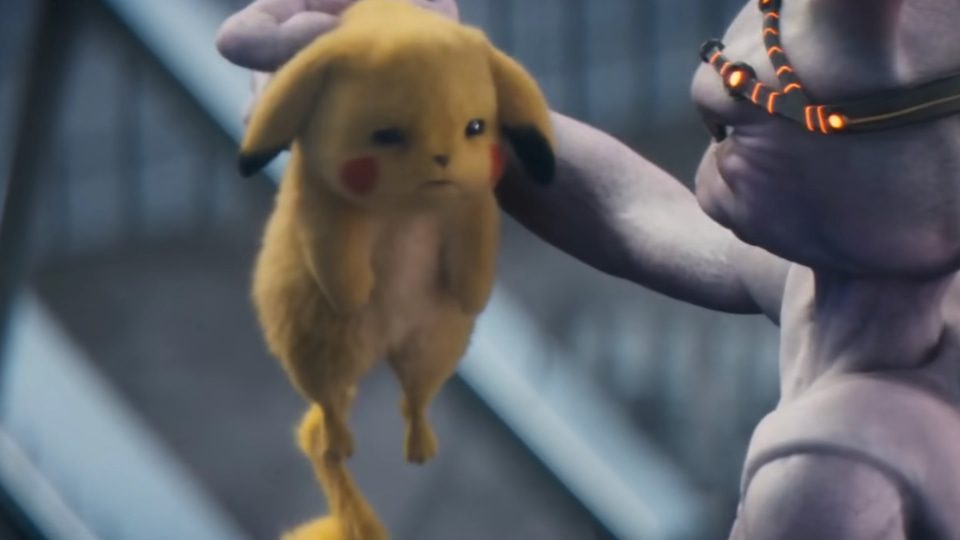
Switched to comedy that was added to the movie that didn’t really exist in the game and changed the atmosphere, the game tried much more to resemble a kind of police series intended for children. There were a number of smaller mysteries that helped to discover things and understand the full picture, but as mentioned, since it is a movie to go into a number of small mysteries would be a serious mistake and it is good that this was not done. Unlike the game, they also tried to shove words everywhere that sound like words that detectives would use, such as ‘evidence’ or ‘evidence’, sometimes in a stupid way that makes you feel that the player’s intelligence is belittled, in the movie they didn’t do that. On the contrary, unlike the game, the film did not shove all the answers down the throat and repeated them over and over again just to make sure that there was no chance that what little plot there was would be understood. The film even expanded and gave throughout a lot of appreciation to the old fans in the form of various references and to all viewers through more rounded and interesting characters and a more mature and invested plot than we had in the source material.
Detective Pikachu Plot: Game vs Movie
And what else has changed in terms of the plot? Well, the differences between the endings of the movie and the game perfectly show fundamental differences between the plots. The end of the movie, as we know, is the discovery that Tim’s father, Henry Goodman, was “preserved” inside Pikachu’s body with the kind help of Mewtwo and therefore Tim was able to understand Pikachu. At the end of the movie they are reunited and we have a happy ending.
In the game, however, Mewtwo’s connection to the plot is different and much less. Meowth appears mainly at the end of the game when his connection is that his cells were used for the production of R gas, cells that they found by mistake and generally thought belonged to Meowth. He was not captured in any laboratory and no experiments are done on him his ability to switch between human bodies and Pokemon is not even described.
Mewtwo’s main appearance is at the end of the game, where Pikachu gives him back his cells that were used for experiments and Mewtwo confirms to Tim that he and Pikachu were indeed right and his father is alive. No, they don’t find Tim’s father at the end of the game, and Pikachu, at least right now, is not Tim’s father and there is no reason why only Tim understands Pikachu, or why he even understands him. Even the details of the accident remain in the game shrouded in fog and in fact mostly solve the mystery surrounding the R gas, more than what happened to Tim’s father and the fact that the film noticed this problem and fixed it gives the film a lot of points. Thus, by the way, an ironic situation was created, where while the game has an open ending but no sequel is planned, a sequel has already been announced for the movie with a rather closed ending.
Detective Pikachu Conclusion: Game vs Movie
As mentioned many changes were made between the game and the movie. Some of them stemmed from the difference between the different platforms and formats, some from identifying problems in the source material, and some from an attempt to distinguish the two from one another, but the changes, most of them were for the better. There were probably some points I forgot or could have addressed more, like Henry’s accident itself, but I think overall I pretty much covered the various differences, ranging from plot differences to character differences, and the general atmosphere of the final product. If you feel that there are differences that I have not addressed and that interest you, you are welcome to tell me and I may add them.
In the meantime, I hope I made you recall pleasant memories from a film that was undoubtedly an experience, in the hope that the sequel will at least provide an equally good experience.
